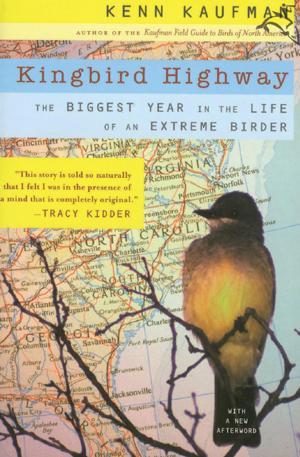A Puget Sound Odyssey
Growing Up in Rural Washington During The Depression
Nonfiction, History, Americas, United States, State & Local, 20th Century, Biography & Memoir| Author: | Daymond R. Speece | ISBN: | 9781944625009 |
| Publisher: | Leafy Press | Publication: | January 1, 2016 |
| Imprint: | Leafy Press | Language: | English |
| Author: | Daymond R. Speece |
| ISBN: | 9781944625009 |
| Publisher: | Leafy Press |
| Publication: | January 1, 2016 |
| Imprint: | Leafy Press |
| Language: | English |
"A Puget Sound Odyssey" is a witty, intimate personal memoir describing a boy's adventures growing up in a large family during the Depression years on a small farm in rural Washington state. The author's dry wit and friendly writing style bring many colorful episodes to life. The family of six survived on their small homestead without modern plumbing or heat, and depended on hunting, salmon fishing, and taking on odd jobs for small businesses and farms nearby.
“One summer our family was picnicking at the Mason Lake area, and as we were swimming, Gene found an abandoned sunken rowboat. Leonard helped him get it floating and we jumped in and hand paddled it as Gene bailed vigorously with a coffee can. In a shallow spot, he quit bailing and announced that we were going to sink, but since he knew how to swim, he would get to shore to tell our parents where Leonard and I drowned. He then jumped over the side and swam to shore. Leonard noticed that we could easily wade to shore, but he started telling me to be brave and that we should drown like men. As I was wailing my last, the water flooded over the side of the boat and it settled to the bottom in two feet of water.”
The flavor of these experiences, unique to rural Washington and the era, supply good reading, entertainment, and a fuller understanding of how the War and Depression years affected families who lived through them with hope, hard work, and the resiliency that characterized Americans during the early and mid-1900's.
"A Puget Sound Odyssey" is a witty, intimate personal memoir describing a boy's adventures growing up in a large family during the Depression years on a small farm in rural Washington state. The author's dry wit and friendly writing style bring many colorful episodes to life. The family of six survived on their small homestead without modern plumbing or heat, and depended on hunting, salmon fishing, and taking on odd jobs for small businesses and farms nearby.
“One summer our family was picnicking at the Mason Lake area, and as we were swimming, Gene found an abandoned sunken rowboat. Leonard helped him get it floating and we jumped in and hand paddled it as Gene bailed vigorously with a coffee can. In a shallow spot, he quit bailing and announced that we were going to sink, but since he knew how to swim, he would get to shore to tell our parents where Leonard and I drowned. He then jumped over the side and swam to shore. Leonard noticed that we could easily wade to shore, but he started telling me to be brave and that we should drown like men. As I was wailing my last, the water flooded over the side of the boat and it settled to the bottom in two feet of water.”
The flavor of these experiences, unique to rural Washington and the era, supply good reading, entertainment, and a fuller understanding of how the War and Depression years affected families who lived through them with hope, hard work, and the resiliency that characterized Americans during the early and mid-1900's.















